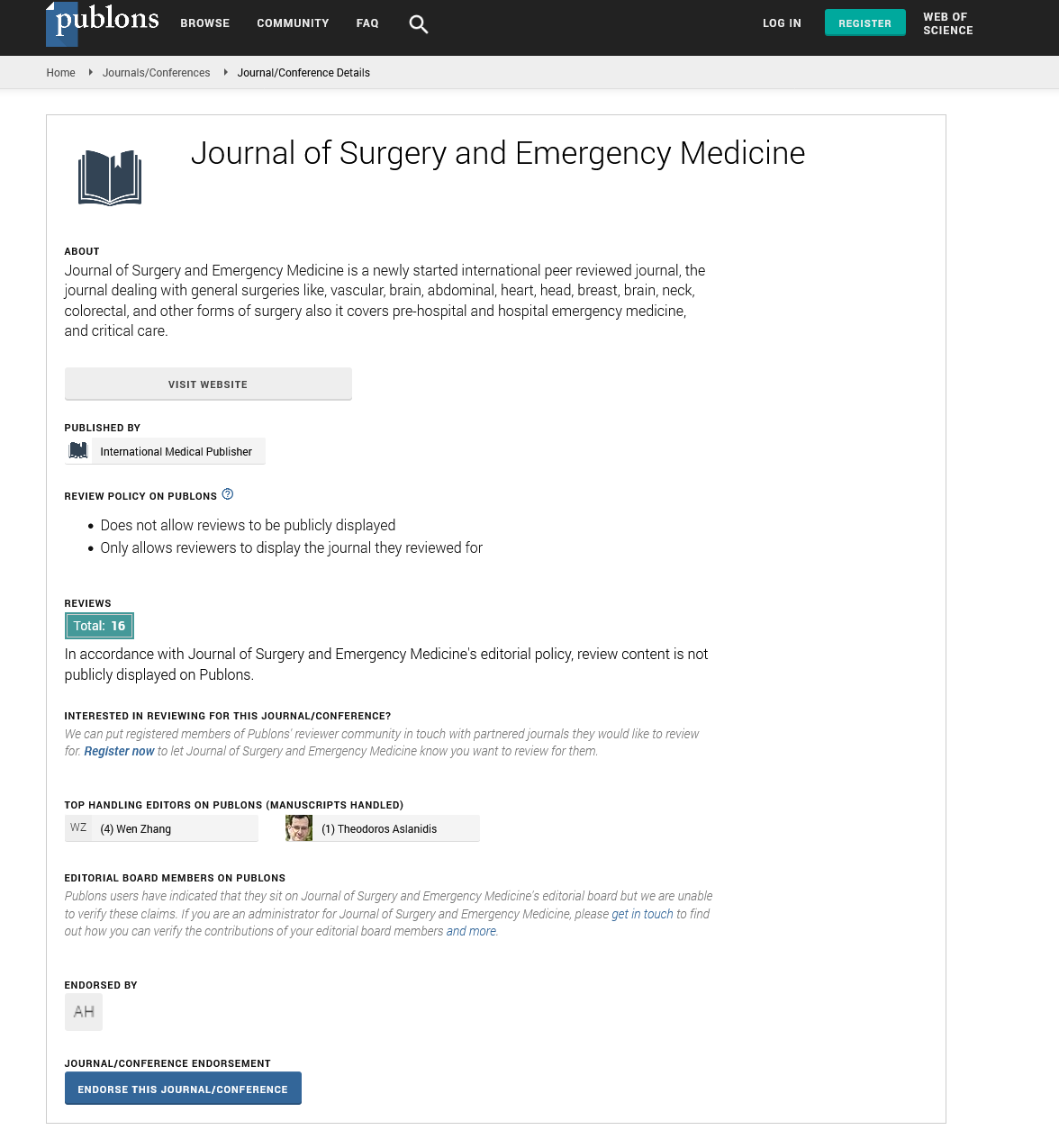Abstract
The Big Freeze - Saving Money and improving patient safety
Aims
Patients undergoing elective operations at a local district general hospital were requiring repeat group and save blood samples on the morning of theatre as the samples taken at pre-operative clinic were invalid. The aims of this audit were to identify how many patients were requiring a repeat group and save blood sample prior to theatre, identify approximately how much this is costing the trust and to implement a change in practice to improve patient safety and reduce expenditure.
Methods
100 patients undergoing elective operations were audited over a two week period. The audit assessed whether patients were grouped and saved pre-op, whether these samples were valid and whether or not patients required a repeat sample. Patients that did not require a group and save pre operatively were then excluded from the analysis. Of the patients that required a group and save, these were then further divided into those that were valid and those that were invalid. Of the samples that were invalid, patients were then assessed as to whether or not they had a repeat sample.
Results
Over a two week period, 100 patients were audited. Of these, 61 patients required a group and save pre-operatively, 35 of which had a valid group and save (57%) and 26 had an invalid sample (43%). Of those samples that were invalid, 21 required a repeat sample (80.7%). The audit showed that the hospital failed to achieve the standard of 100% patients having a valid group and save prior to theatre. Of those patients audited, 21 patients out of 61 (34.4%), required a repeat group and save. A subsequent re-audit took place in May 2011. The same methodology was used as set out above. Of these 100 patients, 69 required a group and save pre-operatively, 69 samples were frozen at pre-op, however two of these required a repeat sample as they were incorrectly labelled, but these samples would have been valid if they had been correctly labelled. Therefore the changes to clinical practice resulted in a significant decrease in the number of repeat samples required down from 43% to 2%.
Conclusions
Freezing pre-operative group and save samples significantly reduced the number of repeat samples that were required resulting in improved patient care and safety. Furthermore as each group and save sample costs £9.20, this simple change in practice lead to an approximate saving at a local hospital of £6000 per annum. As a result if this process was standardised and adopted nationally throughout the 165 acute trusts within the NHS this could lead to significant savings together with improving patient care and safety.
Author(s):
Abstract | Full-Text | PDF
Share This Article
Google Scholar citation report
Citations : 131
Journal of Surgery and Emergency Medicine received 131 citations as per Google Scholar report
Journal of Surgery and Emergency Medicine peer review process verified at publons
Abstracted/Indexed in
- Google Scholar
- Publons
Open Access Journals
- Aquaculture & Veterinary Science
- Chemistry & Chemical Sciences
- Clinical Sciences
- Engineering
- General Science
- Genetics & Molecular Biology
- Health Care & Nursing
- Immunology & Microbiology
- Materials Science
- Mathematics & Physics
- Medical Sciences
- Neurology & Psychiatry
- Oncology & Cancer Science
- Pharmaceutical Sciences
